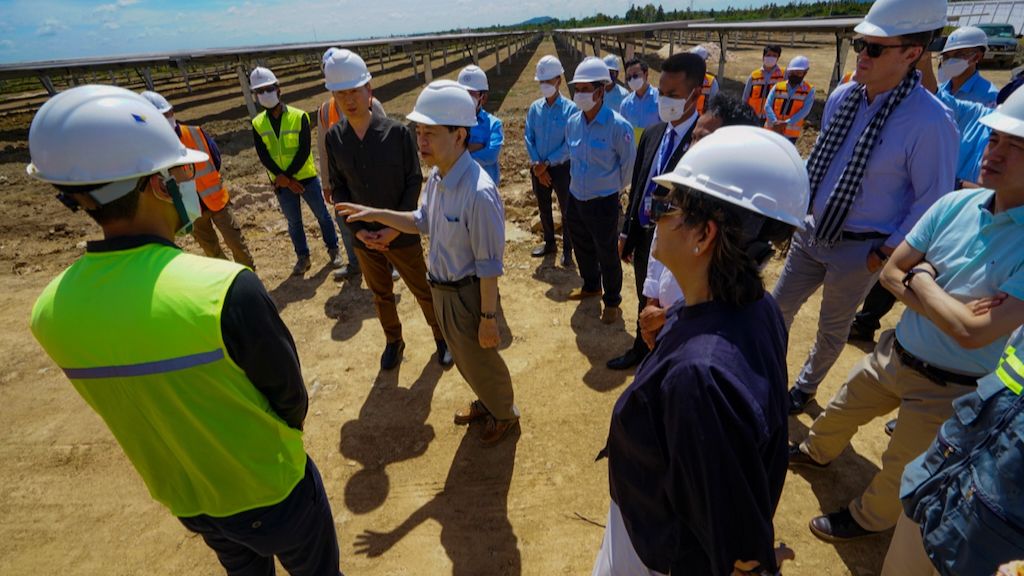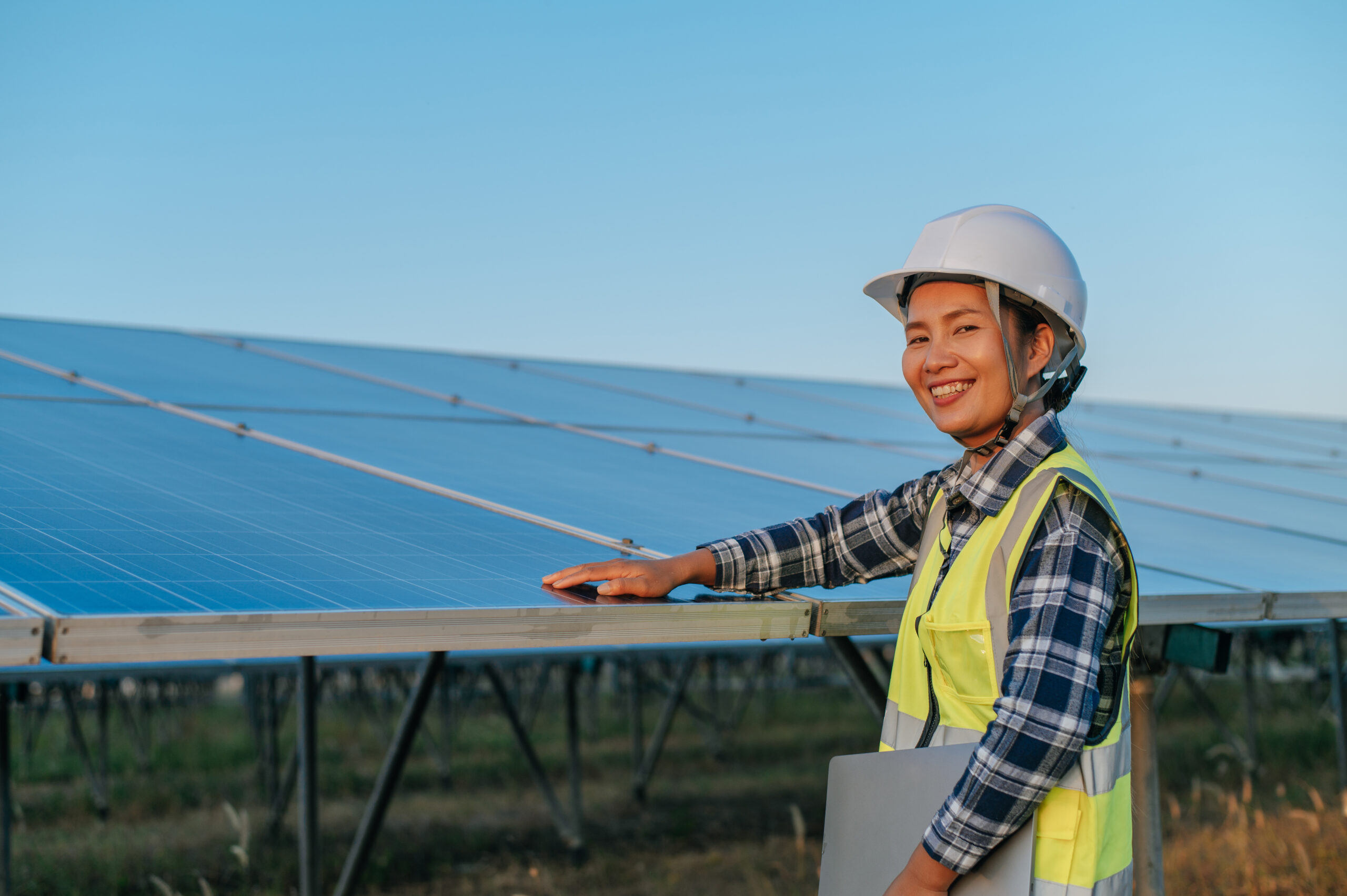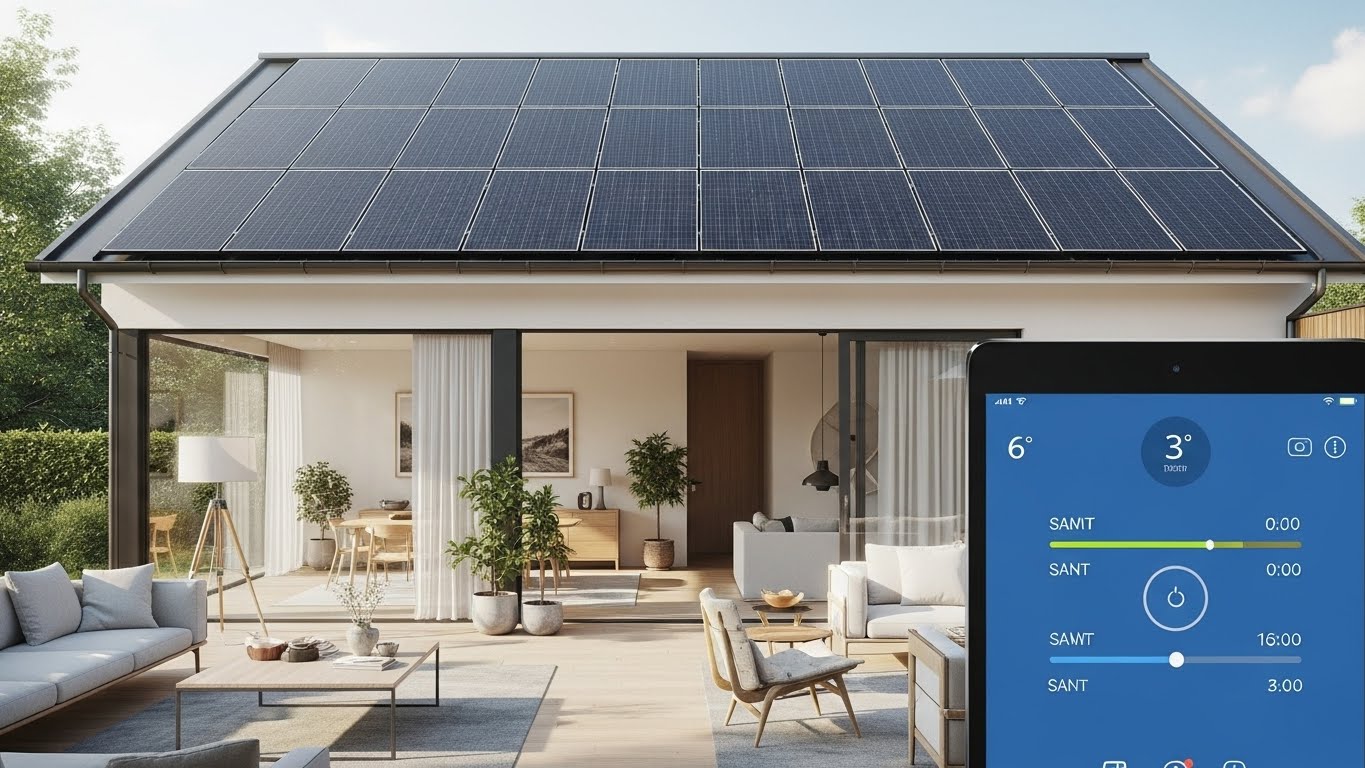Cambodia is witnessing a renewable energy revolution, with solar power playing a crucial role in transforming lives across the country. As a nation that has long struggled with electricity shortages, particularly in rural areas, solar energy is providing a sustainable and affordable solution. The government, private sector, and non-governmental organizations (NGOs) are working together to expand solar accessibility, leading to widespread benefits for households, businesses, and communities.
This article explores the impact of solar energy in Cambodia, highlighting how it is improving rural electrification, boosting economic growth, and supporting government-led renewable energy initiatives. We also examine the challenges that need to be addressed to ensure a sustainable future powered by solar energy.
The Impact of Solar Energy on Rural Communities
Electrification of Remote Villages
For years, many Cambodian villages lacked access to electricity, relying on expensive and unreliable sources such as diesel generators. Solar power is changing this reality through
Advertisement
- Off-grid solar home systems: Small solar kits, including panels, batteries, and LED lights, are providing electricity for essential needs like lighting, phone charging, and small appliances.
- Mini solar grids: Some communities have implemented shared solar systems that power multiple homes, schools, and businesses, creating sustainable microgrids.
- Solar water pumps: Farmers in remote areas are now using solar-powered irrigation systems to increase crop yields and secure clean drinking water supplies.
Enhancing Education and Healthcare
Access to electricity is essential for education and healthcare development. Thanks to solar power:
- Schools can now operate computers and digital learning tools, improving the quality of education for students.
- Healthcare centers can store vaccines properly using solar-powered refrigeration, operate medical equipment, and provide services even at night.
Case Study: Kampong Speu’s Solar-Powered Transformation
In Kampong Speu province, a solar microgrid project has provided hundreds of households with reliable electricity. Families no longer rely on kerosene lamps, reducing health risks from indoor air pollution. Children can now study at night, and small businesses have expanded their operating hours, boosting local incomes.
Solar Energy’s Role in Economic Growth
Job Creation in the Solar Sector
The transition to solar energy is creating new employment opportunities across Cambodia, including:
- Solar panel installation and maintenance jobs: The growing demand for solar power has led to a rise in skilled labor positions.
- Entrepreneurship opportunities: Many small businesses are emerging to sell and service solar products in rural areas.
Cost Savings for Businesses and Households
Solar energy is significantly reducing electricity expenses:
- Businesses using solar power can cut energy costs by up to 30%, increasing profitability.
- Households investing in solar panels experience long-term savings, eliminating reliance on expensive grid electricity or fuel-based alternatives.
Factories, Hotels, and Retailers Going Green
Many industries are adopting solar energy for sustainability and cost efficiency. For example:
- Garment factories are integrating solar solutions to meet international sustainability standards.
- Hotels and resorts are using solar panels to power air conditioning and water heating, reducing their carbon footprint.
Government and NGO Efforts to Expand Solar Energy
Cambodian Government’s Renewable Energy Policies
Cambodia has set ambitious renewable energy targets, including:
- Achieving 70% renewable energy by 2030.
- Offering tax incentives and subsidies to attract solar investments.
- Promoting net metering policies, allowing households to sell excess solar energy back to the grid.
NGO and International Projects
Several organizations are supporting Cambodia’s solar expansion:
- SNV Cambodia and UNDP have launched programs to install solar panels in off-grid communities.
- Microfinancing initiatives are making solar power more affordable for low-income families.
Case Study: ADB’s 100MW Solar Project Impact
The Asian Development Bank (ADB) has funded a 100MW solar farm, significantly increasing Cambodia’s renewable energy capacity. This project reduces dependence on imported fossil fuels and helps stabilize electricity costs.

Challenges and Solutions for Solar Energy Growth
Infrastructure and Grid Integration Issues
One major challenge in Cambodia’s solar sector is the integration of renewable energy into the national grid. Possible solutions include:
- Investing in battery storage technology to store excess solar power for nighttime use.
- Expanding the electricity transmission network to accommodate higher solar generation levels.
Financial Barriers and Affordability
While solar energy offers long-term savings, the initial investment can be high. Solutions include:
- Green financing and government subsidies to make solar installations more affordable.
- Pay-as-you-go solar models allowing households to pay in small installments.
Regulatory Uncertainty
To attract more solar investments, Cambodia needs clearer policies. Recommended actions include:
- Streamlining the approval process for solar projects.
- Providing long-term incentives for businesses adopting solar energy.
Conclusion: The Future of Solar Energy in Cambodia
Solar energy is playing a transformative role in Cambodia’s development, improving rural livelihoods, driving economic growth, and supporting the government’s renewable energy goals. However, challenges such as grid integration, affordability, and regulatory policies must be addressed to maximize solar energy’s potential.
To accelerate Cambodia’s solar revolution, businesses, government agencies, and NGOs must work together to expand access and awareness. Investing in solar power not only reduces costs but also promotes energy security and environmental sustainability.
Call to Action
Are you considering switching to solar energy in Cambodia? Stay informed about the latest government incentives and explore financing options to make the transition easier. Together, we can build a brighter and more sustainable future for Cambodia!
Advertisement




